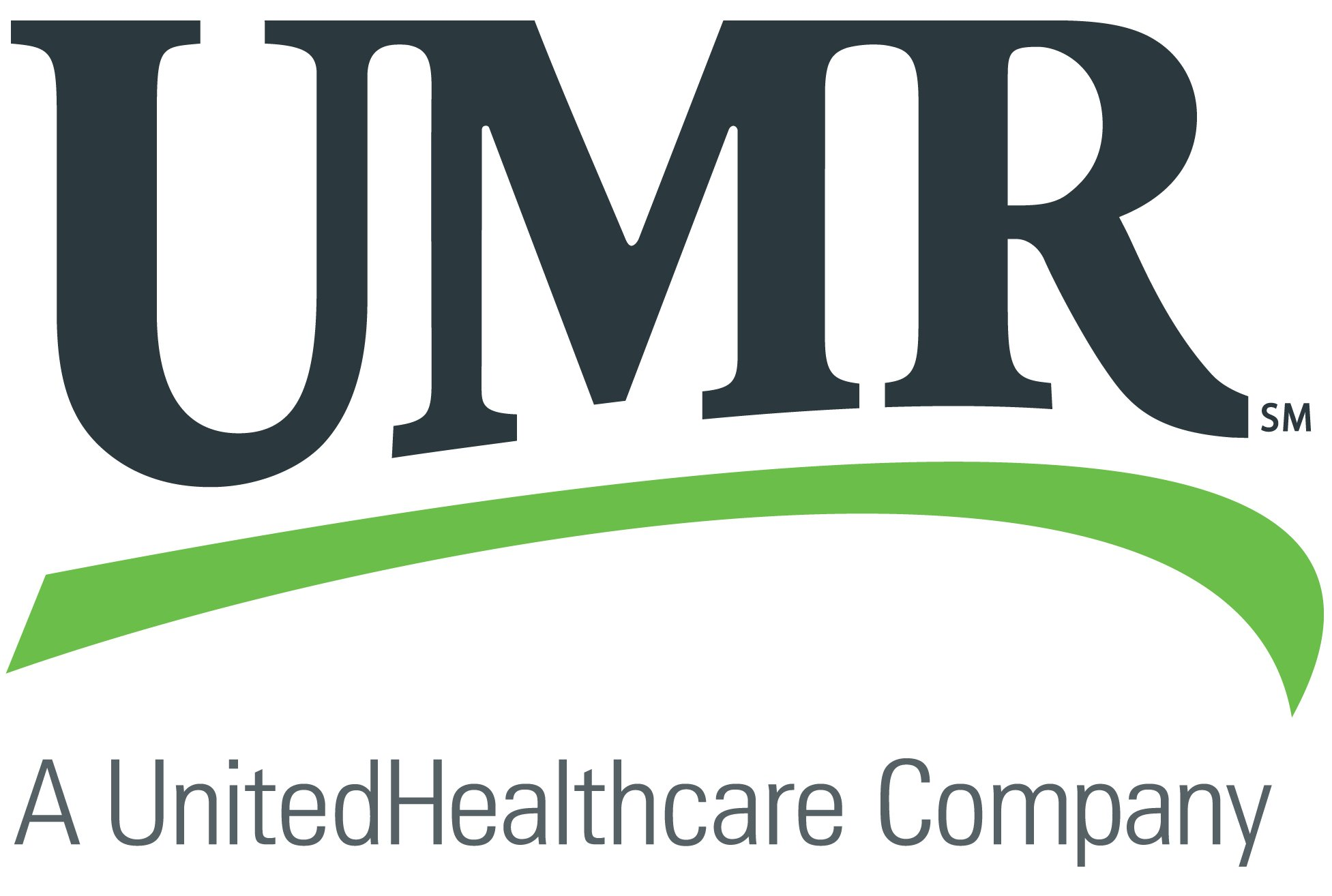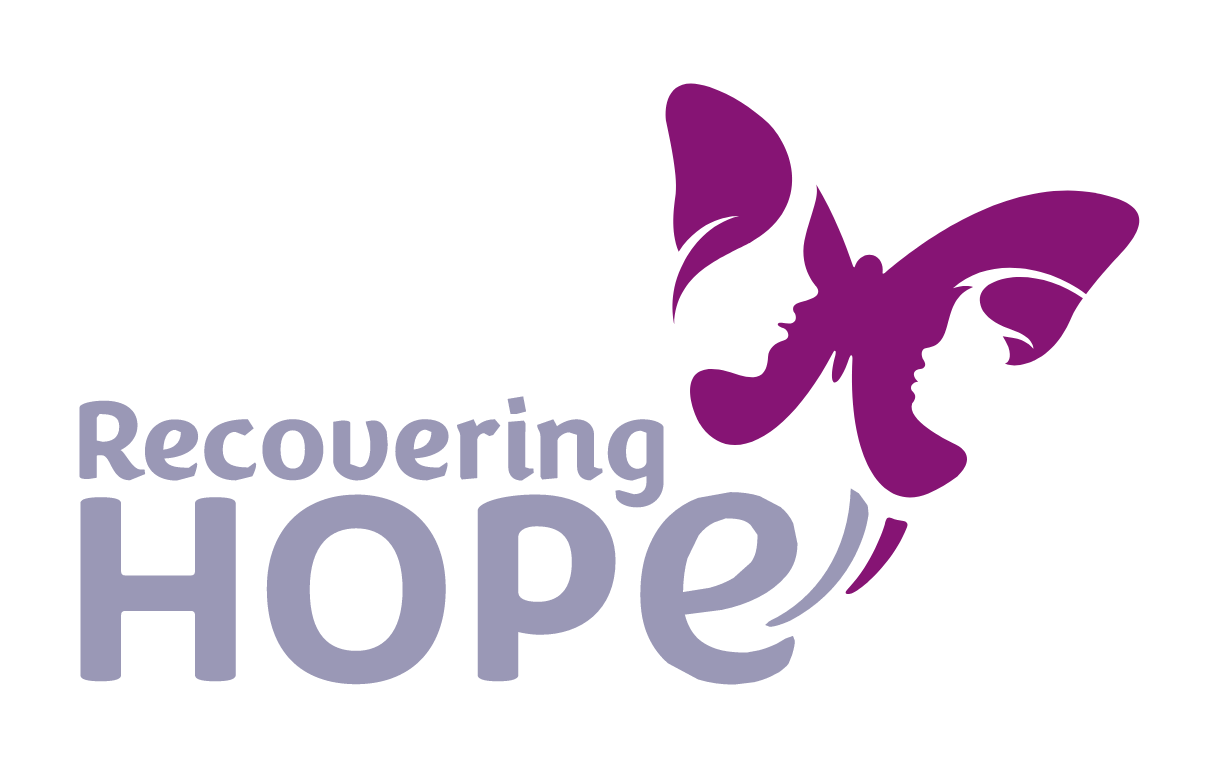Transforming Families. Restoring Hope.
Discover Your New Story at Recovering Hope.
There’s no perfect moments — just a series of brave ones. Whether you’re coming back to yourself or taking your first step, you don’t have to do it alone.
Our peaceful, nature-filled campus is here to welcome you with compassion and care. If you’re ready, help can start as soon as today. We offer same-day access to treatment and support, because we know that when someone is ready, every hour matters.
Walk-ins are welcome Monday–Friday from 8:00 a.m.–1:00 p.m., or give us a call to check availability and talk through next steps.

Comprehensive
Family- Centered Care
Expert Multidisciplinary Team
Benefit from our team of experienced professionals, including therapists, counselors, and medical experts, who collaborate to provide comprehensive care.
Tailored Treatment Plans
Our experienced team creates personalized treatment plans designed to address the unique needs of each individual, ensuring the most effective treatment and services.
Aftercare and Support
We offer robust ongoing care and support available to individuals and families. Including resources and services designed to help maintain and strengthen your care with us.
Years of recovery
days of taking it one step at a time
Wherever you’re at. We ‘re here.

months of embracing life
Hours of taking the first step
Wherever you’re at.
We’re here.
Get In Touch
Location: 2031 Rowland Mora MN 55051
Telephone: (320) 364-1300
Email:
General Inquiries: Inquiries@recoveringhope.life
Admissions & Referrals: Referrals@recoveringhope.life
We’re In-Network With These Insurance Providers
Recovering Hope partners with a variety of insurance providers to ensure accessible care for our clients. Below are just a few of the companies we work with regularly:






...and more! Call 320-364-1300 to verify your coverage.





